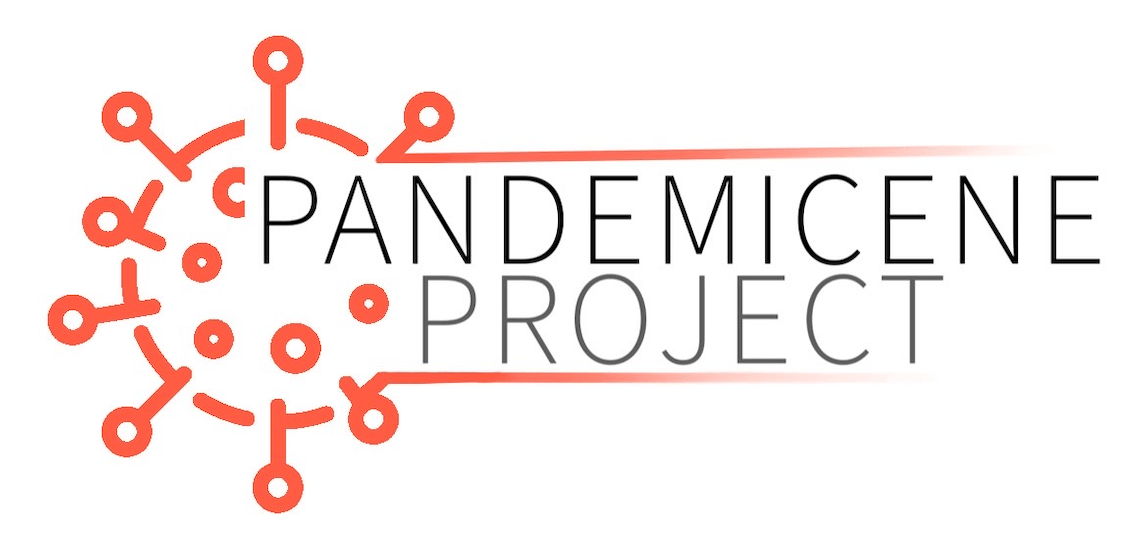by Maryam Nazir
The ethical frameworks for dealing with a national pandemic hinge on both the adequate care of patients as well as fair and accessible treatment for all. Though these standards are indeed agreed upon by both health care workers and government leaders alike, where we see discordance is perhaps the implementation of these standards in a fundamentally unethical society.
A country built upon the tenets of capitalism can never truly carry out policies that go against the very nature of its own economic system. Built upon inequities and respective profits, the system serves to only benefit its own continuance. When faced with tragedies outside the scope of Wall Street, how can we have discussions about its ethics when those making policy decisions are concerned with and only with the recuperation of the economy rather than the people within it?
It is necessary when discussing ethical frameworks of a pandemic to recognize the ways in which our policies, economic systems, and institutions simply work in the favor of those in the 1%, and by definition, simply cannot do more than what they were built to accomplish. Class, race, religion, and gender all hold significant roles in determining exactly how you will be treated by this system, in general, and especially in a pandemic.
Already we have significant data revealing the deaths by COVID-19 as disproportionately affecting Black and Brown people across the country. As reported by ProPublica, “[in] Milwaukee County, Wis…. 81 percent of the deaths were black people. Black people make up only 26 percent of that county” (Social Distancing is a Privilege, Blow). The inequities faced by marginalized communities, whether by race, gender, or socio-economic status, bleed into every facet and system of this country. Regardless of policies enacted, mutual aid funds created, or op-ed pieces written, these inequities are inescapable.
It is simply counterintuitive to truly hope for a means in which this country can reform enough to fill in the gaps of these gaping inequities. Any discussion regarding ethical frameworks for pandemics, or any natural disasters/crises, must be contingent upon the fact that we can never create a response comprehensive enough to reconcile these inequalities.
Once we are able to start conversations that include these unequal implications regarding responses, can we truly and realistically develop ethical frameworks. Inequity is woven within our systems, and it is essential that we recognize this, and allow it to guide future responses to crises such as this.
The first step in potential reconciliation starts and ends with the very communities that are targeted by the systems that we have put in place. In order to merge this gap, we must be putting all of our efforts and resources into the communities most vulnerable. The conversations must start with how we can extend access to those at the very bottom before allocating to those at the top. We must ask ourselves, who has a privilege of social distancing, getting tested, and receiving treatment, and shift our response plans to directly target those who do not have these privileges.
The myth that this virus affects all must be dismantled, and our responses must reflect this fact. If not, we will have to live with the fact that this country has and continues to take advantage of the unequal valuation of human life.
